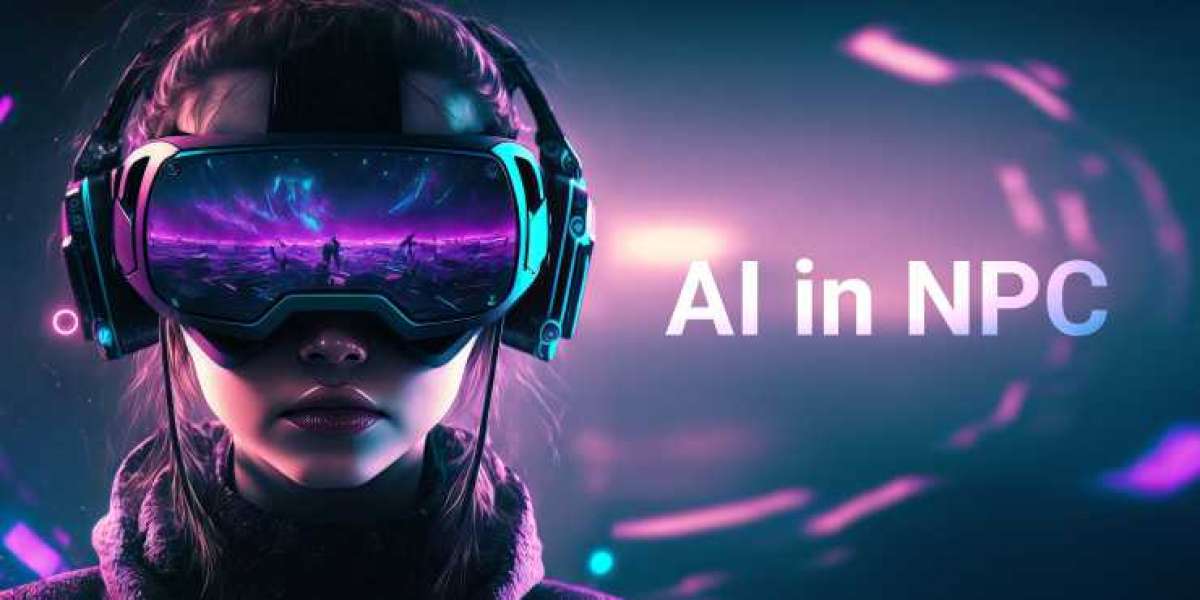In the world of video games, artificial intelligence (AI) plays an increasingly vital role in creating realistic and intelligent NPCs (non-player characters). Machine learning (ML) is a key component that allows game developers to create NPCs with advanced behavior and realistic reactions. In this article, we will discuss the role of machine learning in creating intelligent NPCs and how it impacts the gaming experience.
What is Machine Learning in the Context of NPC Creation?
Machine learning is a field of artificial intelligence that enables computers to learn and improve their actions based on data and experience. In the context of NPC creation, machine learning is used to train models that can mimic the behavior and reactions of NPCs in a game. These models can be trained on vast amounts of data, including scenarios, dialogue lines, NPC actions, and player responses.
How Machine Learning Impacts NPC Creation?
Machine learning allows game developers to create NPCs with more advanced and realistic behavior. Here are some key advantages of using ML in NPC creation:
- Realistic Behavior: Machine learning enables NPCs to make more thoughtful and realistic decisions. They can react to player actions, adapt to changing conditions, and exhibit behavior that aligns with their role in the game.
- NPC Individuality: Machine learning can create unique personalities for each NPC. This allows NPCs to have their own preferences, goals, and even moods, making them more memorable and engaging for players.
- Adaptability: NPCs trained with machine learning can adapt to player actions. They can change their behavior based on how players interact with them, making the gaming experience more dynamic and unpredictable.
- Learning from Experience: Machine learning allows NPCs to learn from their in-game experiences. They can improve their behavior over time, making them increasingly intelligent and effective.
Impact on the Gaming Experience
The use of machine learning in creating intelligent NPCs has a significant impact on the gaming experience. Here are some key advantages:
- Engagement: Intelligent NPCs created with ML make the gaming experience more engaging and realistic. They can create complex situations, offer interesting dialogues, and evoke emotional responses from players.
- Interactivity: NPCs trained with machine learning can interact with players in a more natural and realistic way. This allows players to feel part of a living and dynamic gaming world.
- Replayability: Machine learning enables NPCs to generate random events and reactions, making each gaming experience unique. This enhances the replayability of the game and encourages players to revisit it.
- Plot Development: Intelligent NPCs can influence the plot development of a game. They can make decisions that impact the game's outcome, making the gaming experience more unpredictable and thrilling.
Challenges and Prospects
While machine learning opens up new possibilities in creating intelligent NPCs, there are also some challenges. For example, training ML models can be resource-intensive and require significant computational power. Additionally, creating realistic and diverse NPCs can be a challenging task that requires significant effort from developers.
However, the prospects of using machine learning in creating intelligent NPCs are very promising. With advancements in technology and improved computational power, we can expect even more realistic and intelligent NPCs, which will make the gaming experience even more captivating and immersive.
In conclusion, machine learning plays a crucial role in creating intelligent NPCs that make the gaming experience more realistic, interactive, and engaging. With technological advancements, we can anticipate even more impressive results in this field, allowing game developers to create even more memorable and captivating worlds.








